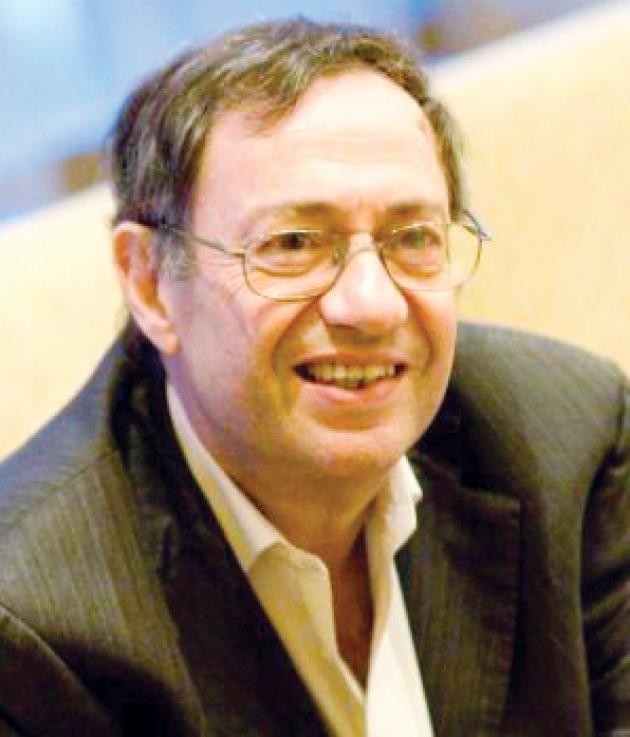Thailand: EU wants FTA talks to end in 18 months

The Nation | April 12, 2013
EU wants FTA talks to end in 18 months
Achara Deboonme
The Delegation of the European Union to Thailand is pushing hard to have the negotiations on a Thai-EU free-trade agreement concluded within 18 months, through a commitment to "take into account concerned interests" for a "win-win" deal.
Best efforts to address the concerns of both sides, through consultation with non-government organisations in the EU and Thailand as well as European business circles, are promised to ensure widespread support.
"The EU side is taking particular concern to consult and closely involve with NGOs, including Thai NGOs, to prepare the framework for the negotiations. We seek absolute clarity and transparency," Ambassador David Lipman, head of the delegation, said in a group interview.
The 18-month time frame has been set based on the EU’s success in concluding the negotiation of FTAs with both South Korea and Singapore in two years.
On March 6, European Commission President Jose Manuel Barroso and Prime Minister Yingluck Shinawatra launched negotiations for an FTA between the EU and the Kingdom.
To prepare for the first round of talks, the European Asean Business Centre in Thailand recently launched two sets of questionnaires to survey opinions of member companies in Thailand, covering those in manufacturing industries and producers of fish and fishery products, with a view to gathering information necessary for the negotiations.
Before the first round of negotiations starts on May 27 in Brussels, the EU delegation will call for consultation with Thai NGOs, probably with the involvement of the Thai authorities.
Several contentious issues are pressing on both sides, as the FTA will include agreements on market access for fishery products and services and investment as well as trade rules and regulatory cooperation on issues such as intellectual-property (IP) rights, public procurement, competition and sustainable development.
Thai NGOs have been sensitive about the inclusion of alcohol products, IP, medicine and human rights. Meanwhile, those in the EU are concerned about the agricultural sector.
According to Eurostat, during the years 2009-2011, the EU exported an average of 53,553 tonnes per year of fish and fishery products worth 52 million euros (about Bt2 billion) to Thailand. During the same period, Thailand exported a yearly average of 230,000 tonnes worth 809 million euros to the EU.
Thailand is also seeking better access to the bigger EU market for vehicles and electronics.
Much of Thai agricultural exports currently benefit from the Generalised System of Preferences, but this advantage will expire in 2015, at the time when the FTA is expected to be in place.
AFFECTED SECTORS
Antonio Berenguer, head of trade and economic affairs at the EU Delegation, said in the group interview that European businesses with narrow margins such as those in textiles and some service sectors would be at a disadvantage. However, for the big picture, the EU is pressing for the agreement and ready to come up with trade-related assistance to help those affected, he said.
"The FTA is not a template of what you [ideally] want. That’s why we try to get the views of NGOs," he said, adding that the questionnaires will inform the negotiators of what people on both sides want from the talks.
"But we are unable to please NGOs across the board, as there are some delicate issues. An FTA can make people equally unhappy, but we are raising awareness about the FTA in Thailand."
While Thailand is fearful about European companies’ greater market access, particularly those in the pharmaceutical industry, Berenguer said the country could reap benefits through an improvement in the public-procurement process.
Indicating the importance of the agreement to the EU side, he said Thailand represented an attractive destination for European investment, but this attractiveness could fade when the Asean Economic Community comes into effect in 2015, allowing companies to enjoy the same treatment no matter where they are located in Southeast Asia.
Lipman said the country’s planned Bt2-trillion infrastructure investment was making Thailand more attractive for foreign direct investment.
"Trade liberalisation can be a win-win for everybody. That’s why everybody tries to do it," the ambassador added.
Thailand is the EU’s third-largest trade partner in Asean.
– Chief negotiators: Jose Manuel Barroso (EU), Olarn Chaipravat (Thailand)
– First round of negotiations: Brussels, May 27
– Agenda: Seven rounds of negotiations over 18 months, involving 14 working groups; ministerial-level talks once a year





